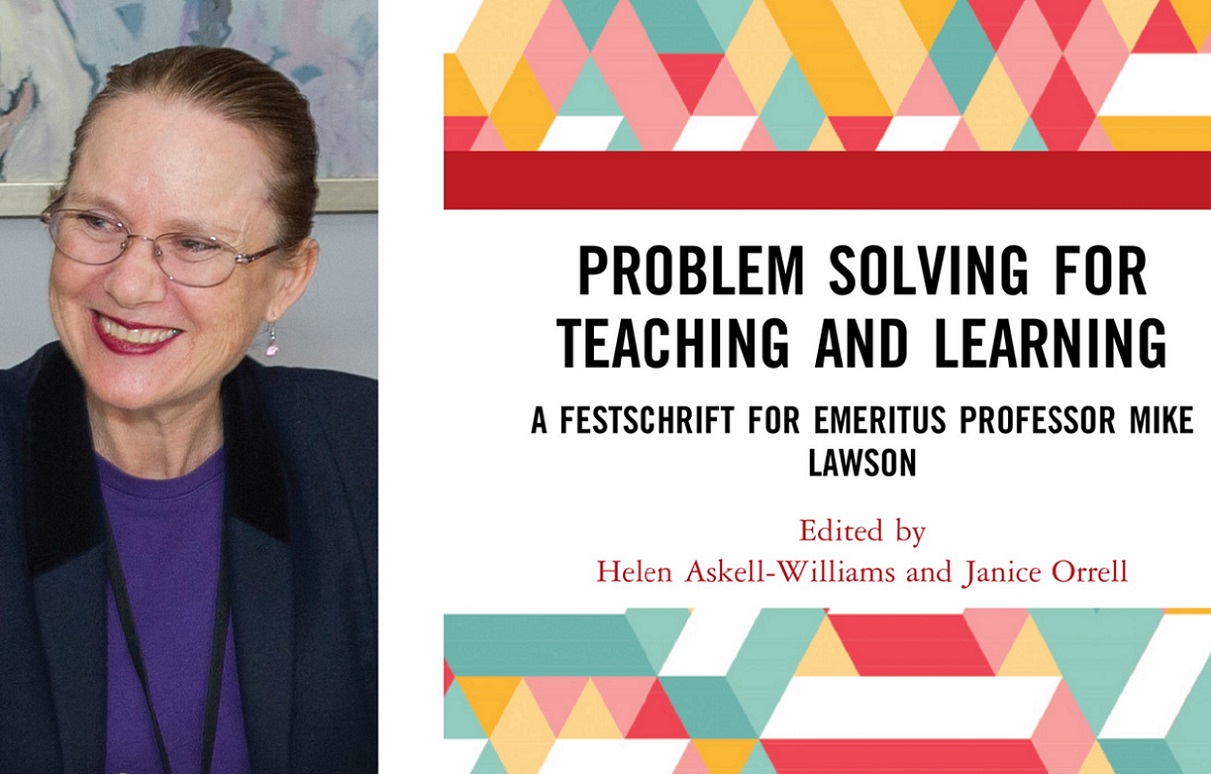
The ideas developed in a new book by Flinders academics are set to transform practices in teaching, learning, and engagement in educational settings.
An event this week will launch the new book, Problem solving for teaching and learning: A festschrift for Emeritus Professor Mike Lawson (Taylor and Francis Group), edited by Associate Professor Helen Askell-Williams and Emeritus Professor Janice Orrell, with chapters by several Flinders researchers.
The book explores the importance of problem solving to learning in everyday personal and social contexts, with particular relevance for academics and students of cognitive and educational psychology.
Divided into four sections, the publication draws together diverse perspectives on problem solving in educational settings, suggesting how it can be incorporated more explicitly in learning and teaching.
Dr Katherine Dix, Dr Mirella Wyra, Ernest Ngendahayo, Janice Orrell, Shani Sniedze-Gregory, Professor Stella Vosniadou and Associate Professor David Curtis have all contributed.
Chapter Two, authored by Associate Professor Askell-Williams, introduces the overarching theme of the book – that all learning activities require learners to be problem solvers and make decisions on the selection, application and monitoring of strategies to self-regulate their learning.
“Sometimes these problem-solving decisions are automated, tacit, and not very powerful, such as mindlessly selecting repetition as the best way to learn a vocabulary list,” Associate Professor Askell-Williams notes.
“At other times, they are effortful and creative, such as mindfully deciding to draw a concept map to elucidate the links between key ideas.”
She says learners’ problem solving ability is important because the quality of their decisions on how to approach learning directly affects the quality of learning outcomes.

